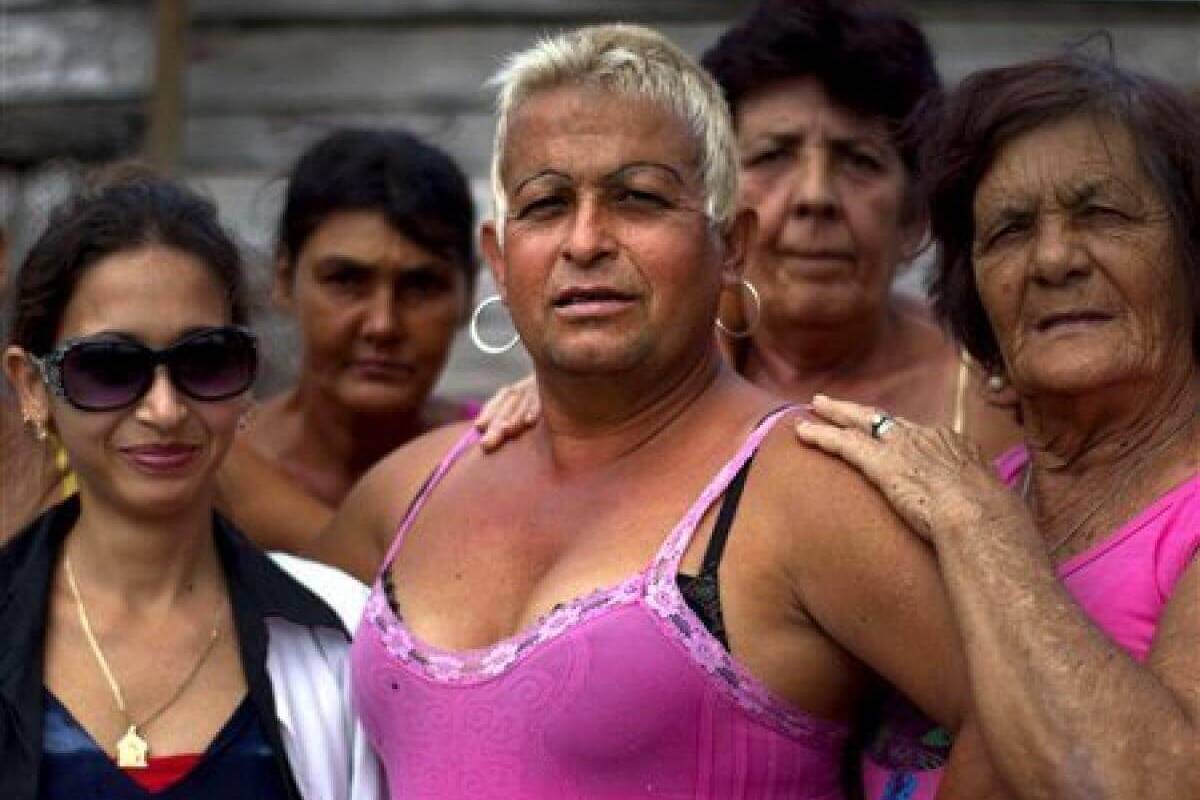Table of Contents
Who is Adela Hernández?
Adela Hernández is a notable figure who was born biologically male. Her life took a dramatic turn during the 1980s when she was imprisoned for two years. The reason behind her imprisonment was not any crime per se, but rather the societal perception of her sexuality. She was reported to the authorities by her own family, who deemed her “dangerous” due to her sexual orientation. This unfortunate event, however, did not deter Adela but instead strengthened her resolve, making her a symbol of resilience in the face of adversity.
What made Adela Hernández famous?
Anderson Bigode Herzer’s rise to fame was precipitated by a series of deeply personal writings that he began while hospitalized. These works, largely composed of poetry and prose, were a raw expression of his experiences and feelings as a transgender individual in a conservative society. His writings vividly depicted his struggles with discrimination, institutionalization, and his yearning for acceptance. In 1979, Herzer not only embraced his gender identity legally by changing his name but also started living as a male and underwent hormone therapy. Despite his tragic suicide before he could complete his sex reassignment surgery, Herzer’s work has been celebrated for its significant contribution to LGBTQ+ literature in Brazil.
Is Adela Hernández trans?
The rise to prominence of Adela Hernández can be attributed to the transformational shift in societal attitudes towards LGBTQ+ rights in Cuba, which began in 2008 when the government started offering free sex-reassignment surgeries. This marked a significant turning point in the country’s history, and Hernández’s subsequent election symbolizes the progress made since then. Despite this, it’s important to note that the fight for LGBTQ+ rights in Cuba is far from over, as discrimination remains a harsh reality for many. Yet, the election of Hernández, a transgender woman, to a public office signals a pivotal advancement in the acceptance and recognition of the LGBTQ+ community in the country.

